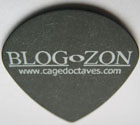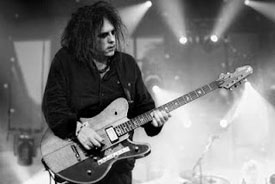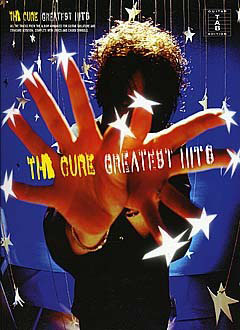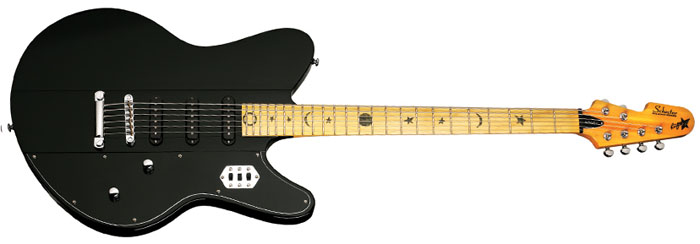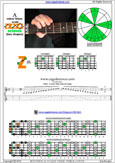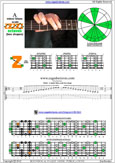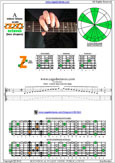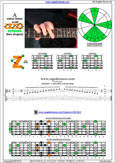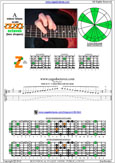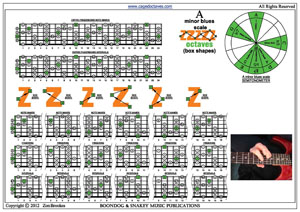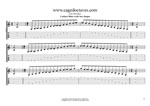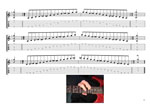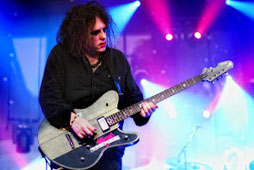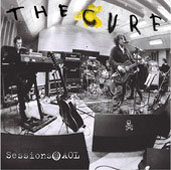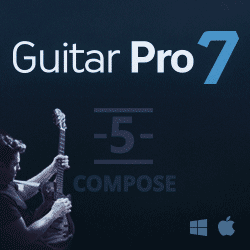Robert Smith
|
Robert Smith is the songwriting 6-string and baritone guitar playing frontman for The Cure. Amongst others Smith plays his Schecter signature Robert Smith UltraCure VI. |
|
|
Schecter Ultracure VI Robert Smith Signature
The Cure - Boys Don't Cry
The Cure - Friday I'm In Love
The Cure - In Between Days TOTP 1985
The Cure - In Between Days (Live, 1985)
The Cure : live 1979 Paris
|
Schecter Robert Smith UltraCure VI "baritone" - EADGBE tuning
The Robert Smith UltraCure VI is tuned to the same note names as a standard guitar i.e. E A D G B E , however these sound one octave lower than a standard 6-string guitar.
Therefore string numbers 4 to 6 on the UltraCure VI are exactly the same note pitches as those on a standard 4-string bass guitar.
This lowering of pitch by one octave is achieved by the combination of a 30" scale length and wound strings being used throughout (as illustrated by the photograph that follows).
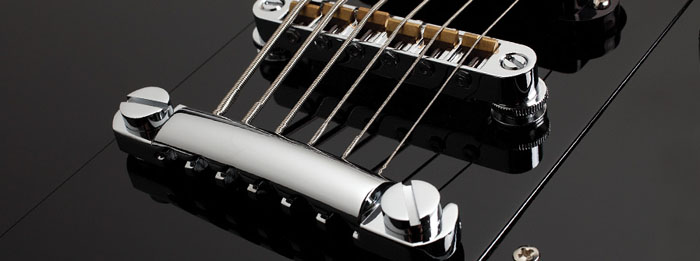
Using this one octave lower E baritone tuning and thinking C major scale for a standard tuned guitar allows the standard CAGED octaves method to be utilised without any adjustment whatsoever.
Thus the C major scale can be shown on the GuitarPro6 fingerboard as follows:-

Baritone tuned 6 string guitar - BEADF#B
The standard method used when baritone tuning a six-string guitar involves tuning all the strings a perfect fourth lower than normal (rather than the one octave lower shown above); i.e. B E A D F# B.
If the C major scale is mapped over the fingerboard using this standard baritone tuning (with all of the C naturals highlighted) it produces the following:-

Using this baritone tuning the C naturals are no longer where they are expected to be found; however if the
G naturals are highlighted instead, the normal C natural octaves pattern appears, as shown in the image that follows:-

When this standard baritone tuning is adopted the player pretends that the G naturals are in fact sounding as C naturals; in the same manner adopted when a capo is used. The instrument has then been turned into a transposing instrument rather like a saxophone or clarinet; where the note being read (or thought about) is not the one sounding.

This is NOT the tuning being explained below; instead the information presented is offered as a gateway tuning to a 7-string guitar rather than another way to get different sounds out of the same guitar patterns.
Six-sevenths baritone guitar - BEADGB tuned 6 string guitar
So you want to learn how to play 7-string guitar but you don't have enough readies to go and buy one.
Well fear not boys and girls because Zon Brookes always has a work-around solution under these types of circumstances.
Get yourself an old 6-string electric guitar with a Strat scale length i.e. 25½" and a new set of 13 gauge strings.
The C major scale is shown below on the GuitarPro6 fingerboard for 7-string guitar with a low B string:-

A standard 6-string electric guitar represents strings 1 to 6 of the previous 7-string; as shown in the next GuitarPro6 fingerboard:-

Instead of tuning your 6-string EADGBE why not tune it BEADGB which represents strings 2 to 7 of the previous 7 string?
The C major scale is shown below on the GuitarPro6 fingerboard for a 6-string guitar tuned BEADGB:-

Won't a 25½" scale length be too short?.... I hear the purveyor's of all guitar wisdom cry from afar.
Well follow this link to check out the specifications of the Ibanez UV777 to quell any fears you may have on this front - scale length of 25½" I do believe.
Again the guitar-wise are shouting the strings will be too slack.
This is where the 13 gauge strings come in useful and if you want to do a full string tension calculation check then follow this link to the D'Addario strings design chart (very useful for this precise purpose).
So to quote those of an American persuasion y'all set.
A minor blues scale box shapes - BEADGB tuned 6 string guitar

This issue demonstrates the A minor blues scale box shapes for 6-string guitar tuned to BEADGB with the all important orange letters omitted.
The CAGED octaves sequence is shown for A natural in the diagram that follows:-


The diagrams that follow show all of the A minor blues scale notes plotted over the 6-string guitar's
fretboard (tuned to BEADGB) in the CAGED octaves styles:-

As always a more long term solution to fretboard navigation is to see scales/arpeggios as INTERVAL shapes rather than note names - as these are universal to all scales, arpeggios and chords rather than specific to one particular root note - with this in mind the intervals for the A minor blues scale are detailed below in the CAGED octaves manner:-

The table and tabbed panel below details all five box shapes for the A minor blues scale in the
CAGED octaves style.
A minor blues scale box shapes - BEADGB tuned 6 string guitar
|
|||||
|
|||||
- 4Am2
- 5Gm2
- 5Em3
- 6Dm3Dm1
- 6Bm4Bm1
- 4Am2 at 12






- 4Zm2
- 5Zm2
- 5Zm3
- 6Zm3Zm1
- 6Zm4Zm1
- 4Zm2 at 12
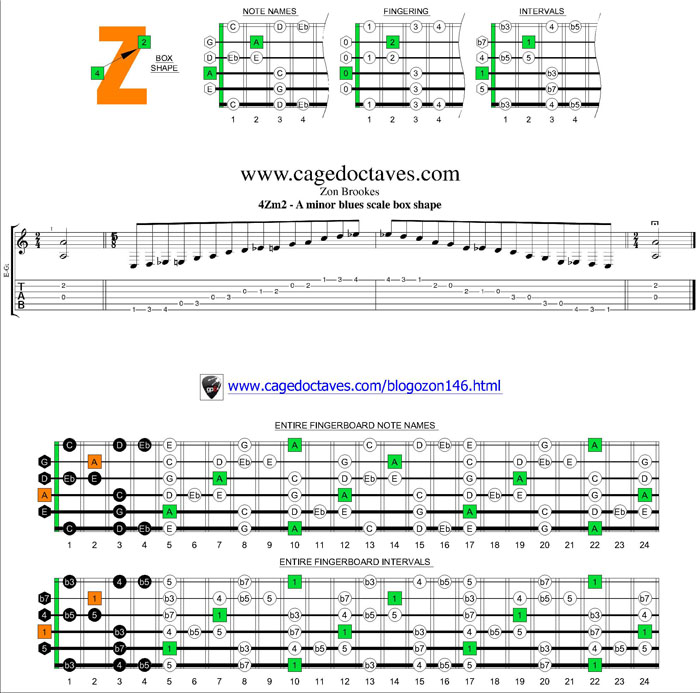
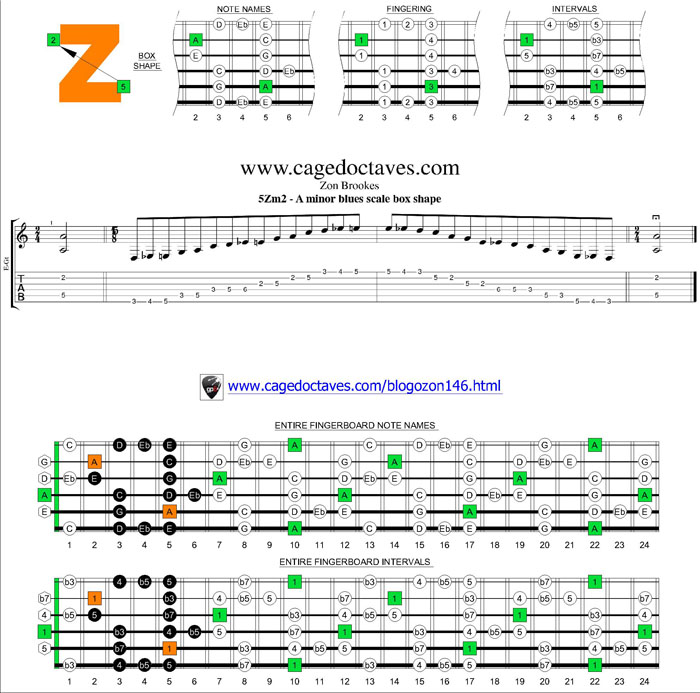
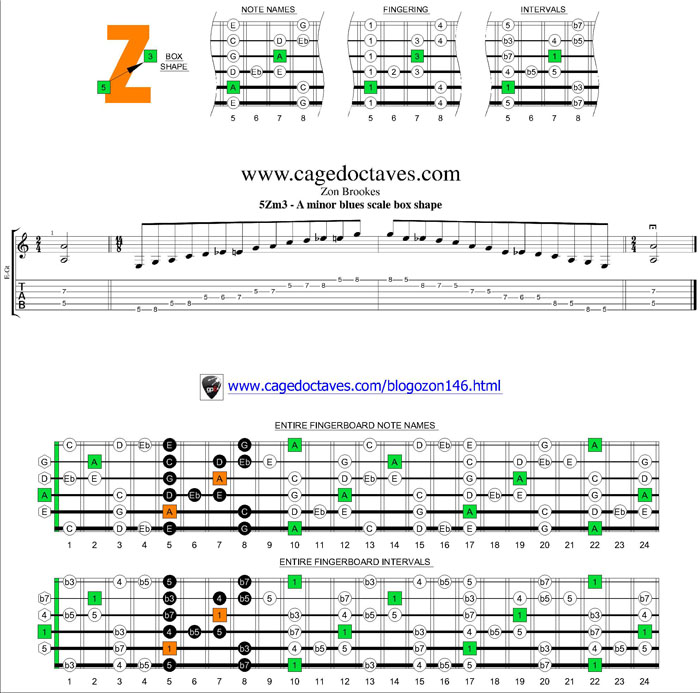
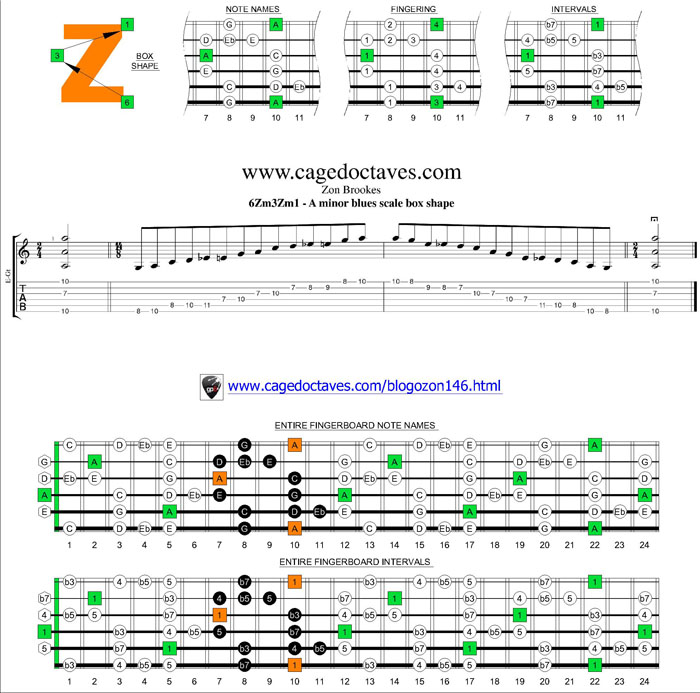
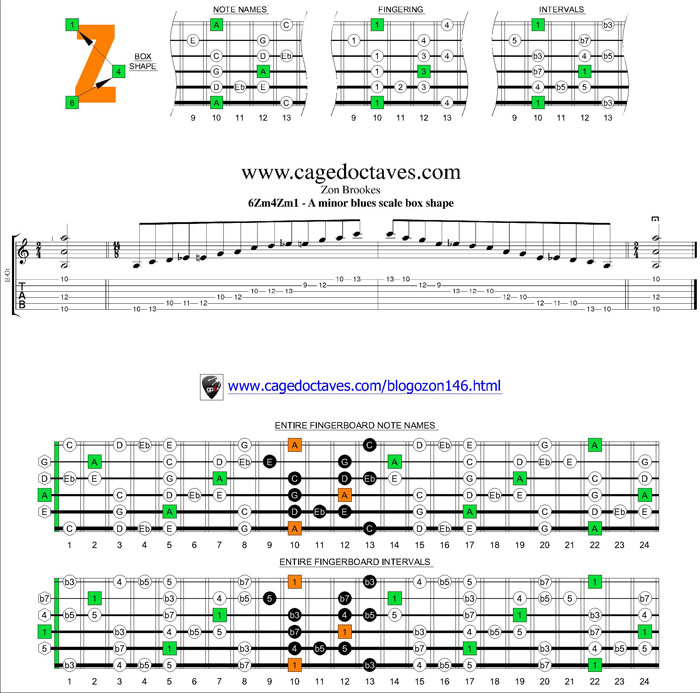
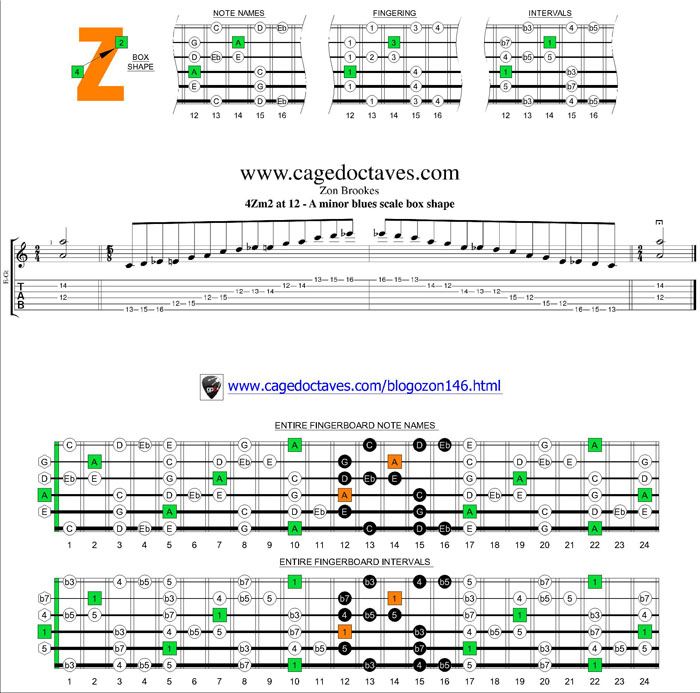
Once the individual box shapes have been assimilated all five shapes should be linked together and played in one continuous exercise (with the first shape - 4Am2 - being repeated at the 12th fret). The video shown to the right demonstrates the CAGED octaves chain-linked sequence for the A minor blues scale box shapes. |
The complete TAB for the previous exercise follows:-
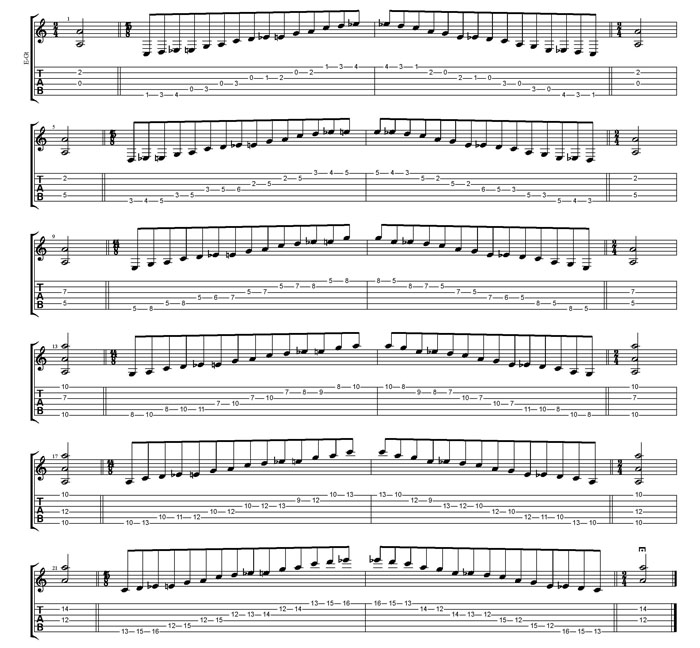
The box shapes for the previous exercise follow:-
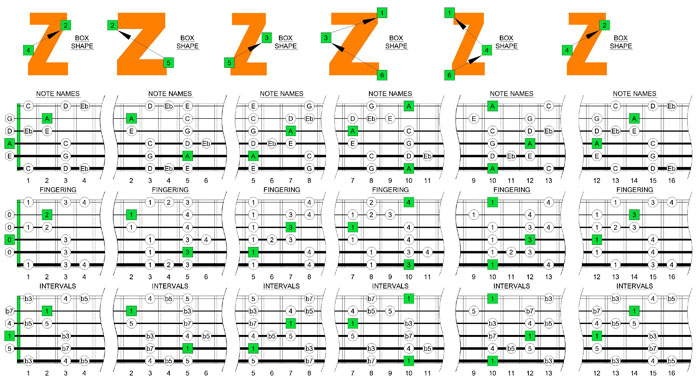
|
|
|
Boys don't cry ....Zon Brookes |
